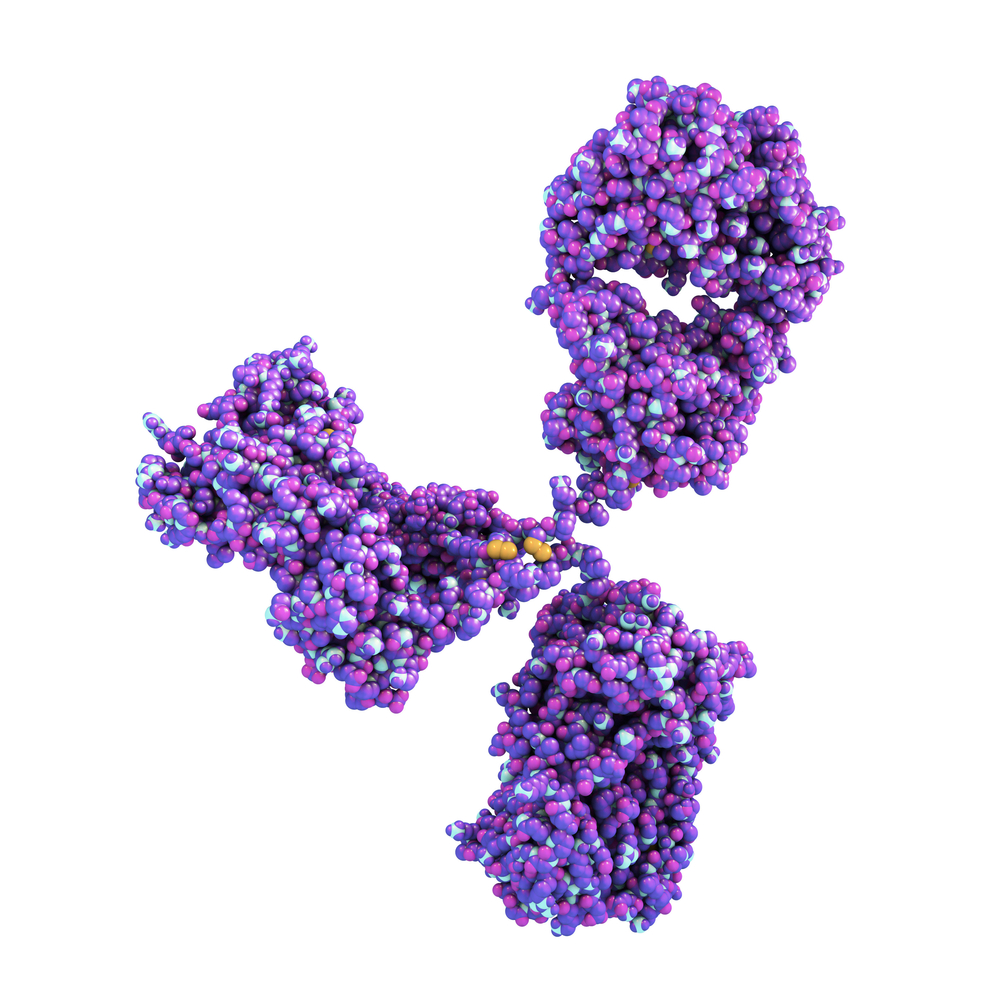MOUSE ANTI-MUMPS VIRUS NUCLEOPROTEIN (6008)
Mouse anti Mumps virus Nucleoprotein (6008) antibody is specific for Mumps virus Nucleoprotein and has been developed for use in ELISA and immunofluorescence.
PRODUCT DETAILS – MOUSE ANTI-MUMPS VIRUS NUCLEOPROTEIN (6008)
- Mouse anti Mumps virus Nucleoprotein (6008).
- Specific for the nucleoprotein of Mumps virus. Antibody does not cross-react with Measles virus, Respiratory Syncytial virus, Parainfluenza 1, 2 or 3 viruses
- Purified preparations consist of >90% pure mouse monoclonal antibody purified from ascites fluid or culture medium by protein A chromatography or sequential differential precipitations.
- Presented in PBS pH7.2 with 0.1% sodium azide.
- For use in ELISA and immunofluorescence.
- Can be used with Goat anti mouse IgG HRP and PanBlock ELISA Blocking Buffer.
BACKGROUND
Mumps virus infection typically causes swelling of the parotid salivary glands (parotitis) and may lead to serious complications such as meningitis, orchitis, and hearing loss. Symptoms are often more severe in adults than in children. Routine Measles Mumps Rubella (MMR) vaccination has greatly reduced the incidence of Mumps although sporadic Mumps outbreaks have occurred among vaccinated populations in the United States and globally (Latner, 2017).
Mumps is caused by a negative-sense single-stranded RNA paramyxovirus which is transmitted by respiratory droplets or direct contact with an infected person. Humans are the only natural host for the virus. Virions are enveloped and contain fusion and attachment proteins on the virion surface. The nucleoprotein of the Mumps virus, also known as a nucleocapsid, is the basic architecture of the virus, comprised of a core of nucleic acid captured in a protein coat.
Laboratory diagnosis of Mumps is currently based on isolation of virus, detection of viral nucleic acid, or serological confirmation of IgM Mumps antibodies.
REFERENCES
- Hviid et al. (2008). Mumps. Lancet. 2008 Mar 15;371(9616):932-44.
- Latner et al. (2017). Mumps Virus Nucleoprotein and Hemagglutinin-Specific Antibody Response Following a Third Dose of Measles Mumps Rubella Vaccine. Open Forum Infect Dis. 2017;4(4).

